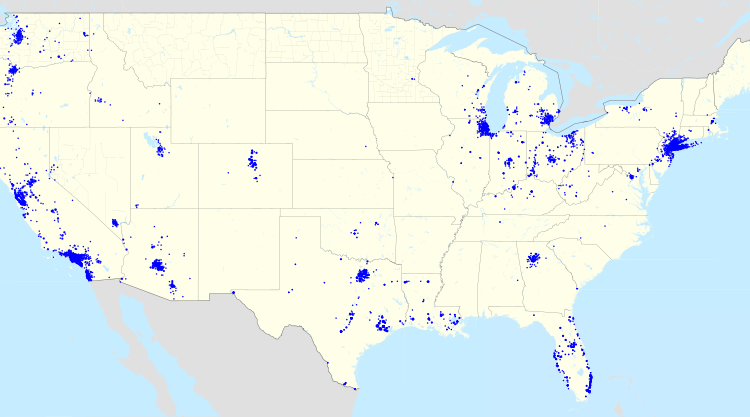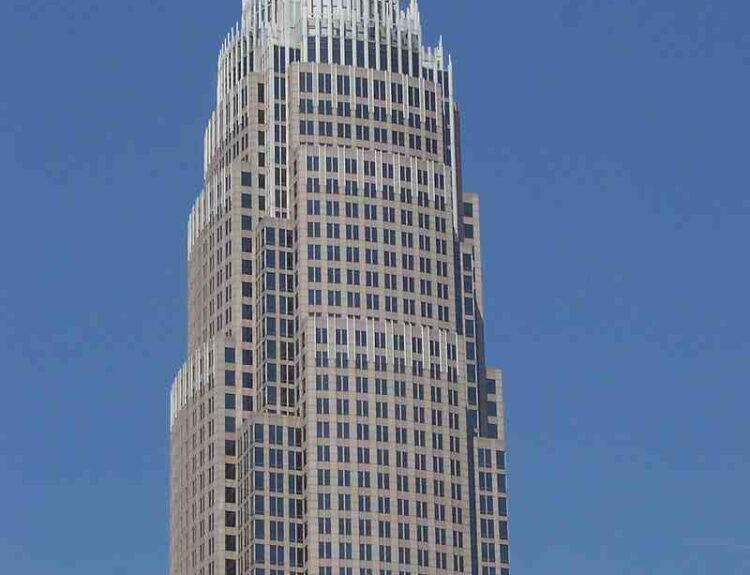A tiny strip of land becomes a major hurdle in the quest for peace between Israel and Hamas.
- The Philadelphi corridor is a key area for Hamas to smuggle arms from Egypt.
- Israel insists on maintaining control of the corridor to prevent Hamas from rearming.
- Hamas demands Israeli troop withdrawal from the corridor as a condition for a cease-fire.
- The U.S. supports a phased approach to cease-fire negotiations without immediate resolution of the corridor issue.
- Egypt also wants Israeli troops to withdraw but may allow a temporary presence with guarantees.
A small strip of land known as the Philadelphi corridor, which runs along Gaza’s border with Egypt, has emerged as a significant obstacle in the ongoing cease-fire negotiations between Israel and Hamas. This nearly nine-mile-long, 100-yard-wide area is crucial for Hamas, allowing them to smuggle arms and supplies from Egypt through tunnels. Currently, Israeli troops control this corridor, which Israeli Prime Minister Benjamin Netanyahu describes as essential for preventing Hamas from rearming. nnThe U.S. and Israel are advocating for an initial cease-fire without addressing the Philadelphi corridor’s security, while Hamas insists that Israeli troops must withdraw from the area for any cease-fire to occur. This disagreement, along with the exchange of hostages, has complicated negotiations that have been ongoing for months. nnThe U.S. has proposed a ‘bridging proposal’ that aims to halt fighting for six weeks, requiring Israel to withdraw from densely populated areas but not specifically from the Philadelphi corridor. The complete withdrawal of Israeli troops, including from the corridor, would be discussed in a second phase if the initial cease-fire is successful. nnNetanyahu remains firm on keeping troops in the corridor, arguing that it is vital for Israel’s security and to prevent Hamas from smuggling hostages. However, there is internal dissent in Israel, with some leaders advocating for a more immediate withdrawal. nnEgypt has also expressed its desire for Israeli troops to leave the corridor, although it may allow a temporary presence if there are guarantees from the U.S. that they will eventually withdraw. Hamas, on the other hand, is adamant that there can be no agreement until Israel fully exits Gaza, including the Philadelphi corridor. nnAs negotiations continue, the future of the Philadelphi corridor remains a contentious issue, with various parties holding firm to their positions.·
Factuality Level: 7
Factuality Justification: The article provides a detailed overview of the ongoing negotiations regarding the Philadelphi corridor, presenting various perspectives from key stakeholders such as the U.S., Israel, Egypt, and Hamas. While it is generally well-researched and informative, there are moments of potential bias, particularly in the framing of Netanyahu’s statements and the portrayal of Hamas’s position. Additionally, some sections could be seen as repetitive, particularly in discussing the various phases of the cease-fire negotiations. Overall, the article maintains a reasonable level of factual accuracy but could benefit from a more neutral tone.·
Noise Level: 7
Noise Justification: The article provides a detailed analysis of the complex negotiations surrounding the Philadelphi corridor, presenting various perspectives from key stakeholders including the U.S., Israel, Egypt, and Hamas. It discusses the implications of these positions on the cease-fire negotiations and includes specific statements from leaders, which adds depth. However, while it is informative, it could benefit from more actionable insights or solutions regarding the situation.·
Key People: Benjamin Netanyahu (Prime Minister of Israel), Yoav Gallant (Israeli Defense Minister), Benny Gantz (Former war cabinet member and opposition leader), Yahya Sinwar (Hamas leader), Husam Badran (Member of the political bureau of Hamas)
Financial Relevance: No
Financial Markets Impacted: The article discusses geopolitical tensions and military strategies, which may indirectly affect financial markets, particularly in defense and security sectors, but does not detail specific impacts.
Financial Rating Justification: The article primarily focuses on the political and military aspects of the conflict over the Philadelphi corridor, without direct reference to financial topics or specific market impacts.·
Presence Of Extreme Event: Yes
Nature Of Extreme Event: Armed Conflicts and Wars
Impact Rating Of The Extreme Event: Major
Extreme Rating Justification: The ongoing conflict in Gaza, including the military presence and operations in the Philadelphi corridor, has significant implications for security, potential casualties, and humanitarian conditions, indicating a major impact.·
Move Size: No market move size mentioned.
Sector: All
Direction: Neutral
Magnitude: Medium
Affected Instruments: No
 www.wsj.com
www.wsj.com 





